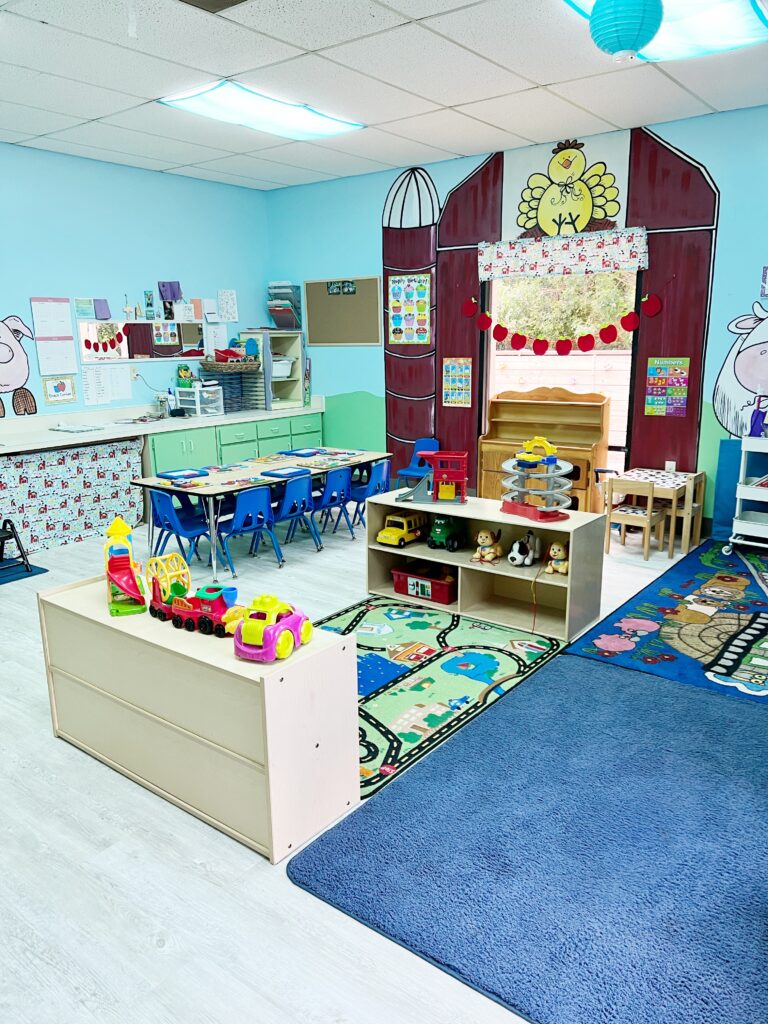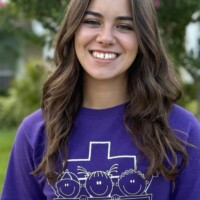Our number one goal for the two year old program is social development. Two year olds need help transitioning from solitary and/or parallel play to cooperative play. We support this transition by offering activities that involve all their senses and allow them to work together. We introduce them to all preschool activities and help get them ready for the three year old program.
These activities include but are not limited to the following:
Math
- Introduce the concept of counting objects
- Introduce sizes: small, medium, large
- Introduce simple shapes found in their environment
- Introduce the concept of Same and Different
- Introduce directional and positional words (over, under, around etc.)
Literacy
- Exposure to letters in their name
- Introduce holding crayons and scribbling
- Answer questions about stories
- Introduce simple nursery rhymes and fingerplays
- Introduce concepts of print: left to right direction, holding a book right-side-up
- Build new vocabulary
- Build listening skills
- Strengthen visual discrimination
- Develop fine motor skills: play dough, scissors, writing utensils, Legos, etc.
Science
- Explore simple science tools
- Experience the world through nature walks, and other explorations
- Observe insect and plant life
- Identify basic colors
- Investigate animals, the homes they live in, the food they eat
Creative Arts
- Explore a variety of age-appropriate art processes: painting, coloring, collage
- Use a variety of age-appropriate art materials
- Experiment with mixing paint colors
- Sing traditional songs and songs that enhance the curriculum
- Participate in movement songs and dances
- Introduce the use of children’s instruments
- Participate in dramatic play
- Act out the movements and sounds of animals
Social Skills
- Work in groups on age-appropriate projects
- Share classroom materials with the group
- Practice using manners: please, thank you, excuse me, table manners
- Communicate his/her needs
- Take care of his/her own basic needs: washing hands etc.
Religion
- Listen to Old and New Testament Bible stories
- Recognize that plants, animals, and human beings are God’s creations
- Recognize that God created families to love and take care of one another
- Learn about God’s love
- Listen to stories of the life of Jesus
- Learn Jesus’ teachings to love God and love others



Follow us on Facebook: